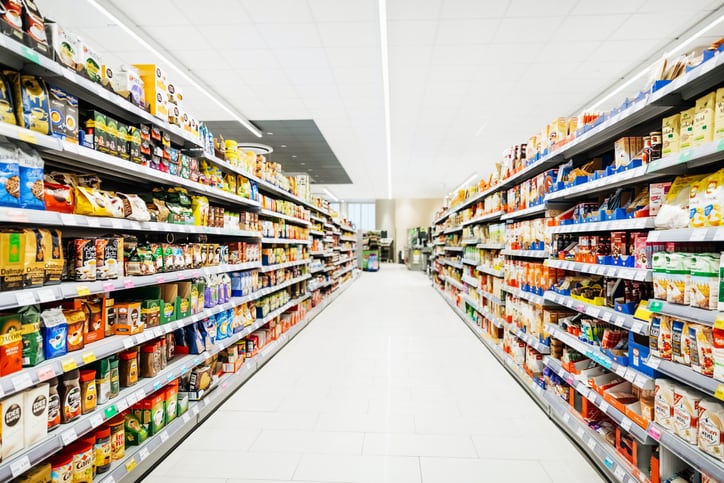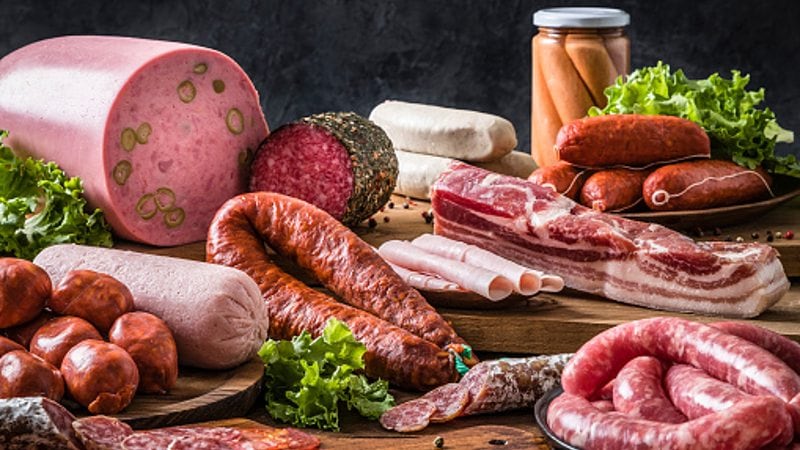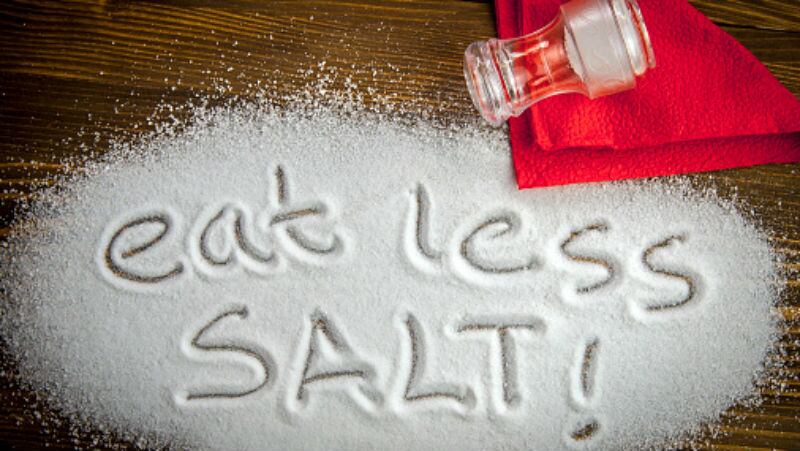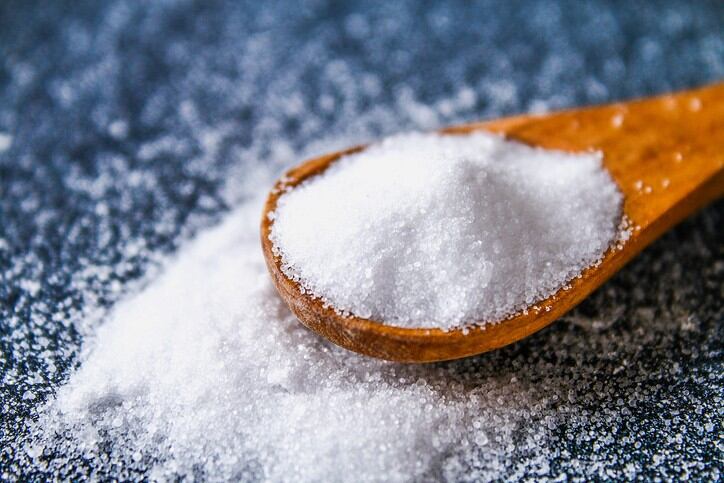Conducted by researchers at The George Institute for Global Health (Australia) and the University of Washington School of Medicine (US), it is estimated that over 500 deaths and more than 1,900 new cases of cardiovascular disease (CVD), chronic kidney disease (CKD) and stomach cancer can be prevented every year in Australia if all food companies were to reformulate their products to comply with the Australian government’s sodium targets.
The study also described how more than half (59%) of the 500 deaths could be prevented by just five dominant food companies complying with the targets.
These five companies are grocery retailers and manufacturers who have high market share in Australia, and are estimated to account for between approximately 5.8% to 18.5% of averted deaths, from reformulation in processed meat, bread, crumbed and battered proteins and sausages products.
In Australia, the food retail landscape is dominated by a small number of companies and the market share of their private-label products has grown rapidly over the last decade.
“Our findings suggest that reformulation of private label products should be prioritised by retailers in Australia to help achieve most of the health gains from the sodium reformulation program,” researchers wrote in PLOS Medicine. They declined to reveal the names of the five companies in Australia.
According to first author, research fellow and conjoint senior lecturer at The George Institute for Global Health, Dr Kathy Trieu, sodium reformulation will not be any more challenging whether for companies who manufacture their own products, or for retailers taking on private-label products.
“Sodium reformulation in packaged foods is not likely to be more challenging for one or the other. Large food manufacturers already have the capacity and resource to reformulate their packaged food products, and are often reformulating their products for different reasons.”
Salt reduction program
The country’s average daily sodium intake is approximately 4,000 mg in men and 2,900 mg in women, far more than the WHO-recommended limit of 2,000 mg/d.
According to Trieu, most sodium intake in Australia comes from packaged foods such as bread and bakery products, processed meats like ham, bacon, deli meats and sausages, and ready-made meals like soups, and pizza.
In 2020, Australia launched its voluntary sodium reformulation program for 27 food categories, setting maximum sodium content targets. Sodium reduction targets range from 270mg/100g for battered seafood, to 1,270mg/100g for processed cheese.
There is a 4-year time frame for food companies to voluntarily achieve this, and the government is targeting an 80% compliance rate for food and beverage firms by 2024.
Even though evidence worldwide has shown sodium reformulation targets can lower population sodium intake, and improve population health, the potential health gains of these voluntary targets are not known in Australia.
“While the Australian sodium reformulation program is voluntary, we modelled 100% compliance to the sodium targets to estimate the maximum potential impact of such an intervention in Australia.”
This study estimated the averted deaths and incidence of CVD, CKD and stomach cancer after implementation of the voluntary standards.
Averted deaths were estimated to be mostly attributable to sodium reduction in processed meats (26.2%), followed by sausages at 20.6% and breads at 19.1%.
One finding in this study was how a large proportion of some products in the program such as 93% of plain corn and rice cakes, 71% of cheddar style cheeses, 66% of plain biscuits, and 66% of sweet bakery already comply with the Australian government’s sodium targets, with researchers suggesting this means they are too lenient.
Modeling the UK’s targets
Researchers also chose to model the UK’s reformulation programme in Australia to understand the potential impact of a more comprehensive reformulation scheme.
In the UK, sodium reformulation targets for 76 food categories were first released in 2014, and is also voluntary.
The UK programme consists of additional categories not targeted by the Australia, including ready meals, spreads, butter, sauces, cereals, canned fish, baked beans and canned vegetables.
The research found that the UK scheme could prevent about 660 deaths annually, and prevent 2,341 new cases of CVD, CKD and stomach cancer.
Lost opportunity
The researchers argued that the Australian approach appears to represent a significant missed opportunity to save lives.
“The Australian government could have simply adopted the UK government’s sodium reformulation targets, leveraging the widespread industry and public health consultation done in a market with a directly comparable packaged food supply, and real-world validation of its feasibility.”
The UK government’s evaluation in 2018 found 81% of packaged food products from retailers and manufacturers complied with the maximum sodium targets, demonstrating its feasibility.
Making it mandatory
As with most countries, national sodium reformulation programs are voluntary and left to the discretion of food companies.
In order to have a substantial impact in improving population health, Trieu said sodium reformulation targets need to be made mandatory.
“The targets should also be expanded to cover more food categories like the UK targets, as sodium is found in packaged food categories across the food supply. Progress towards the sodium targets should be monitored, and the sodium targets for packaged foods should be gradually lowered such as made stricter like the process in the UK, so that consumers don’t notice the difference and salt intake in the Australian population is sustainably lowered.”
Trieu and her team are now planning a study to estimate the potential health impact of the Australian Government adopting the World Health Organization’s recently established global sodium benchmarks to help guide the design of these nutrition policies.
Source: PLOS Medicine
https://doi.org/10.1371/journal.pmed.1003806
“The estimated health impact of sodium reduction through food reformulation in Australia: A modeling study”
Authors: Kathy Trieu, et al.




